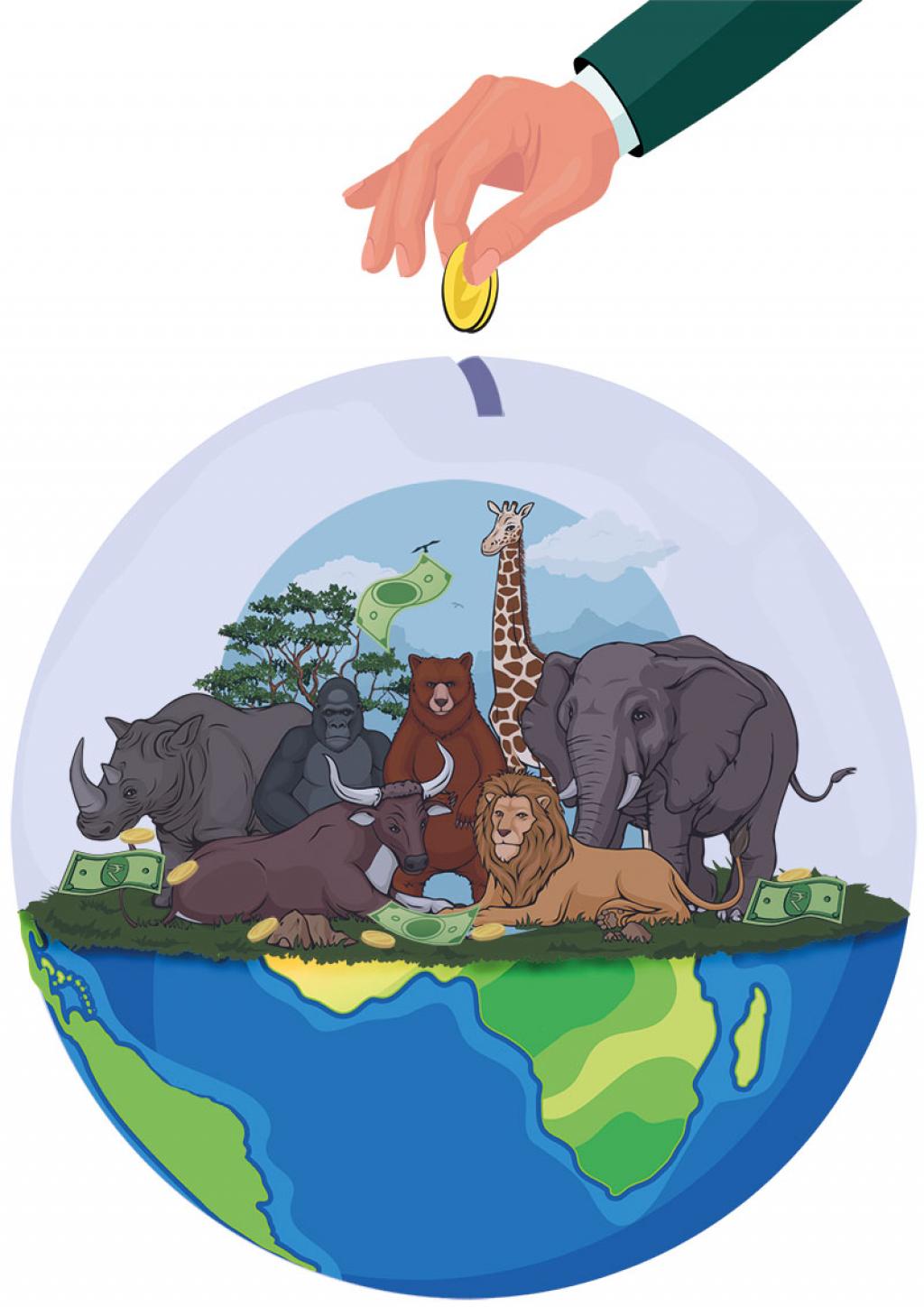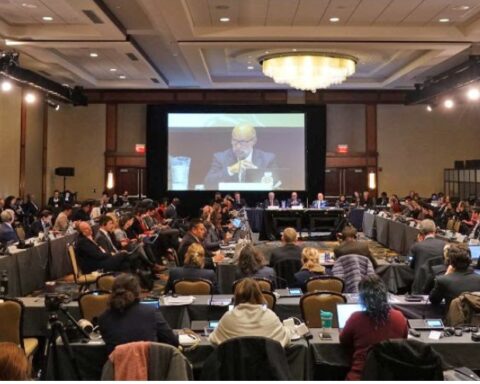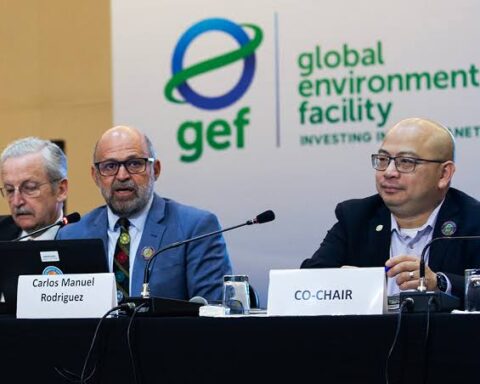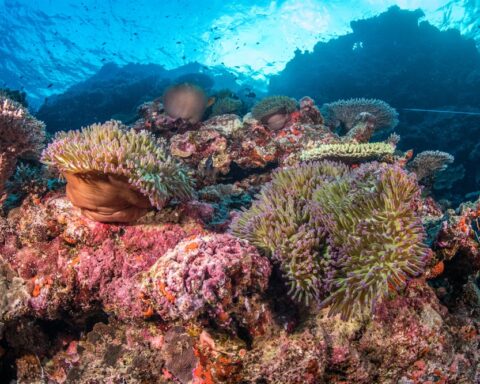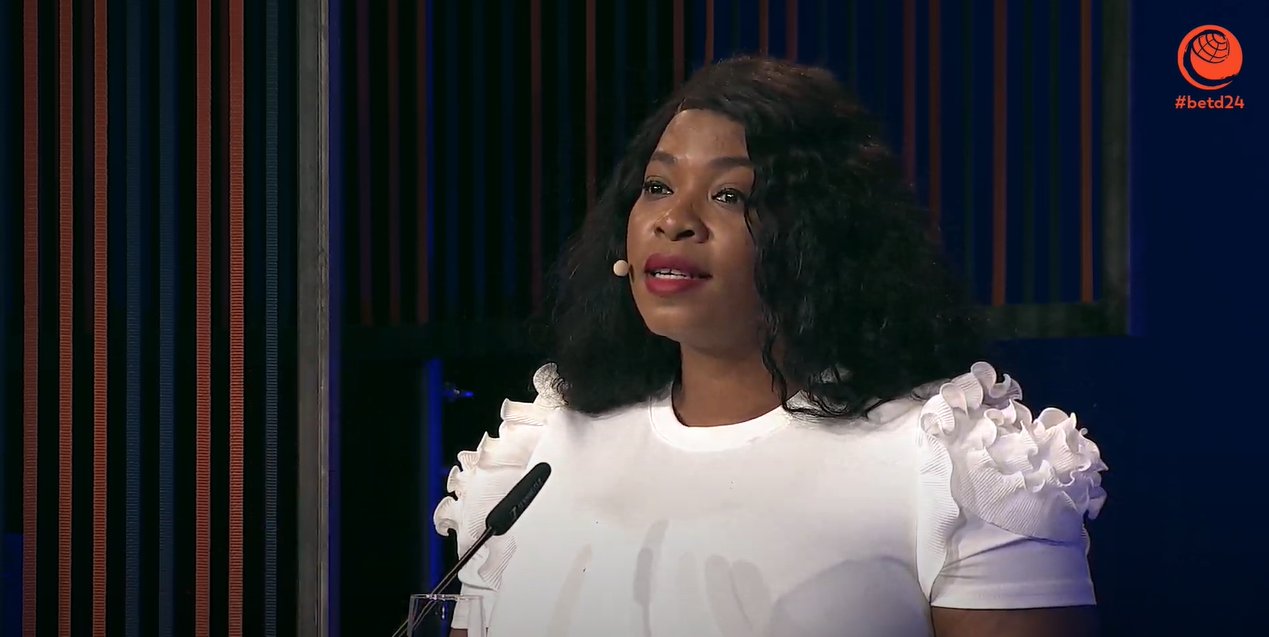The Global Biodiversity Framework Fund (GBFF) has allocated nearly $40 million in project preparation grants to support new initiatives in Brazil, Gabon, and Mexico, signaling a significant boost to international efforts aimed at restoring nature this decade.
The project preparation grants, facilitated by the less than 1-year-old fund housed at the Global Environment Facility (GEF), will focus on strategies to secure long-term financing, enhance management practices, and expand protected areas, particularly in collaboration with Indigenous Peoples and local communities.
Carlos Manuel Rodríguez, CEO and Chairperson of GEF, expressed delight at the approval of the initial set of project preparation grants, emphasizing their alignment with the Kunming-Montreal Global Biodiversity Framework.
These projects are expected to advance the implementation of key biodiversity targets, including Targets 2, 3, 4, 9, 19, 22, and 23.
“I am pleased to witness the operationalization of the GBFF, providing impactful support to biodiverse nations striving to protect nature, a crucial component of the 2030 goals.
“Congratulations to Brazil, Gabon, and Mexico for prioritizing substantive initiatives that align with the GBFF’s objectives and amplify financing from the GEF trust fund,” Rodríguez stated.
David Cooper, Acting Executive Secretary of the Convention on Biological Diversity, lauded the approval of the project preparation grants as a positive prelude to the upcoming Conference of the Parties in Cali, scheduled for Oct. 21 to Nov. 1 2024.
“I trust that this early progress ahead of COP16 will inspire additional proposals from countries and attract further donor contributions to the GBFF,” he remarked.
Approximately half of the funding earmarked for the initial four initiatives will support actions led by Indigenous Peoples and local communities, aimed at conserving, restoring, sustainably using, and managing biodiversity.
The GBFF aims to allocate at least 20 percent of its funding to conservation efforts led by Indigenous Peoples and local communities, underscoring its commitment to inclusive and equitable biodiversity conservation.
By Dare Akogun


